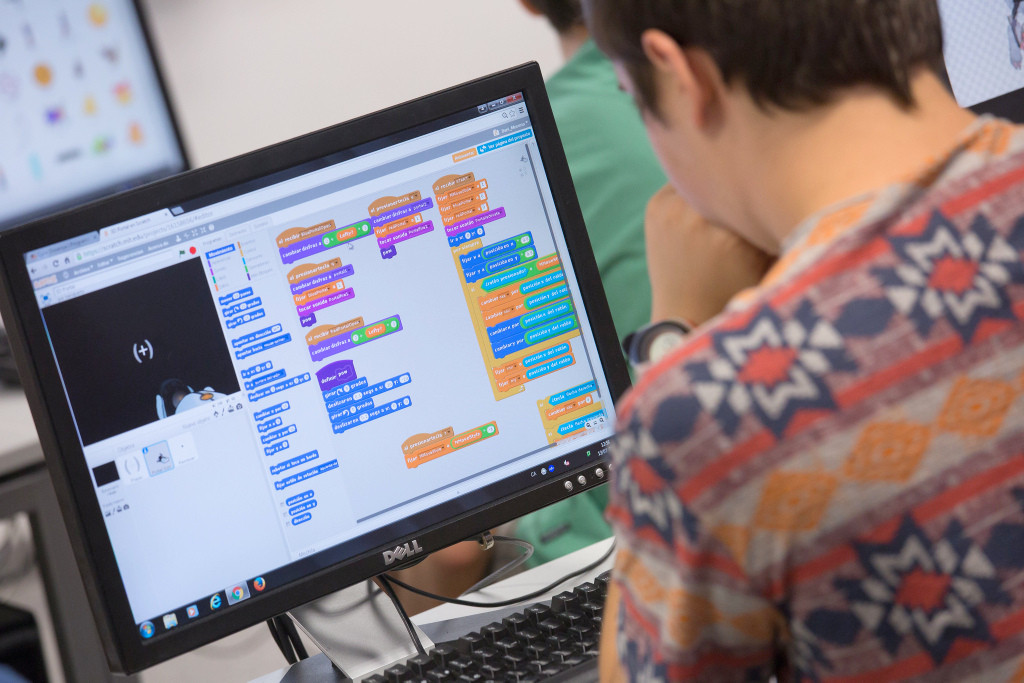TESEO, Arianna’s strands in the digital age
A partnership project for innovation and the exchange of good educational practices as part of the EU’s Erasmus+ coordinated by the University of Salerno (Italy), in which the UPF CINEMA group is participating as a partner providing some of the main lines of the project content.

Currently, educational institutions, training institutes and enterprise face complex and radical transformations brought about by the increase and the impact of digital media. Providing them with tools for the transition to the digital era and towards innovative approaches is essential to keep Europe competitive on the international scene.
Through a trans-sectoral approach, which promotes cooperation between organizations in different areas, the project TESEO, Arianna’s strands in the digital age aims to invest in developing educators’ digital skills, both to increase students’ employment and career prospects and to improve and strengthen the quality of teaching and learning.
TESEO is a partnership project for innovation and the exchange of good educational practices within the EU’s Erasmus+, led by the University of Salerno (Italy), and was launched on 1 October 2019 with a duration of 24 months. UPF is participating in its consortium together with centres from Germany, Belgium, France, Portugal and Cyprus.
Ivan Pintor, a researcher with the UPF’s CINEMA research group at the Department of Communication is the principal investigator of the project at UPF and is responsible for the main lines of project content which will initially create the TESEO toolkit for educators.
The TESEO project involves creating a web application that aims to provide interactive, modular, integrated, connected, social, open content and educational pathways: the goal is for teachers and students at universities and high schools, educators and youth workers to interact dynamically with advanced teaching resources structured according to an integrated communication system to achieve measurable results of learning and self-learning in the field of media education.
New permanent, structural models of teaching
The project aims for the new teaching models to be structural and permanent. Models based on digital platforms (e-learning, educational games, etc.) and capable of customizing teaching procedures and offering tools for informal learning.
The project also aims to provide new training profiles such as the media educator, indispensable for the creation of an education system in line with the needs and opportunities of the labour market, while integrating the skills of classic knowledge and our cultural heritage with the productive, artistic and media forms of contemporary life.
